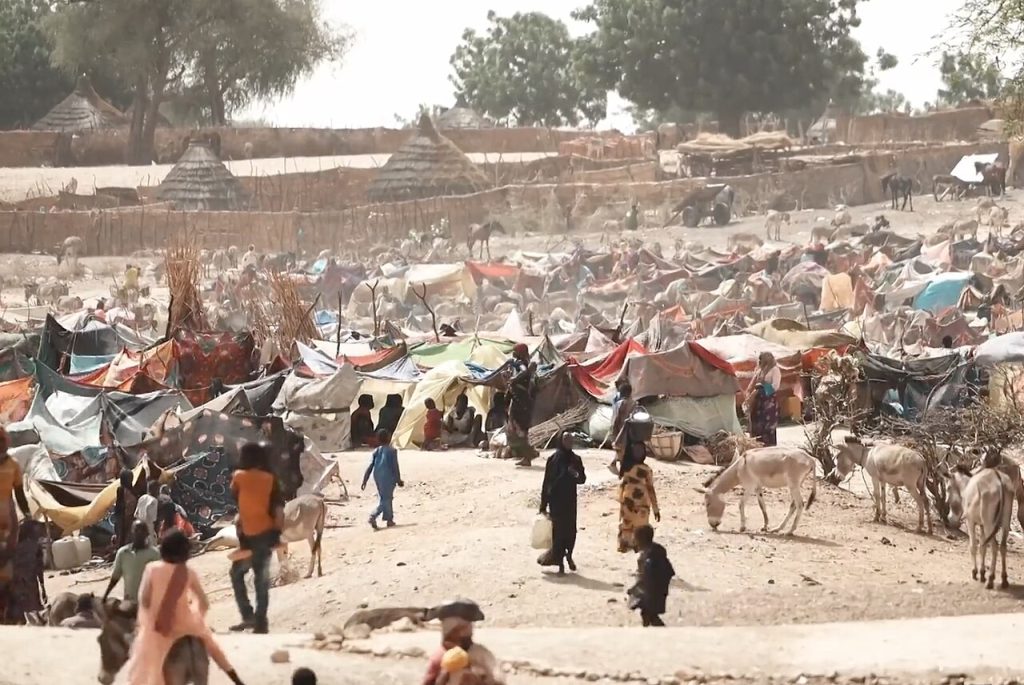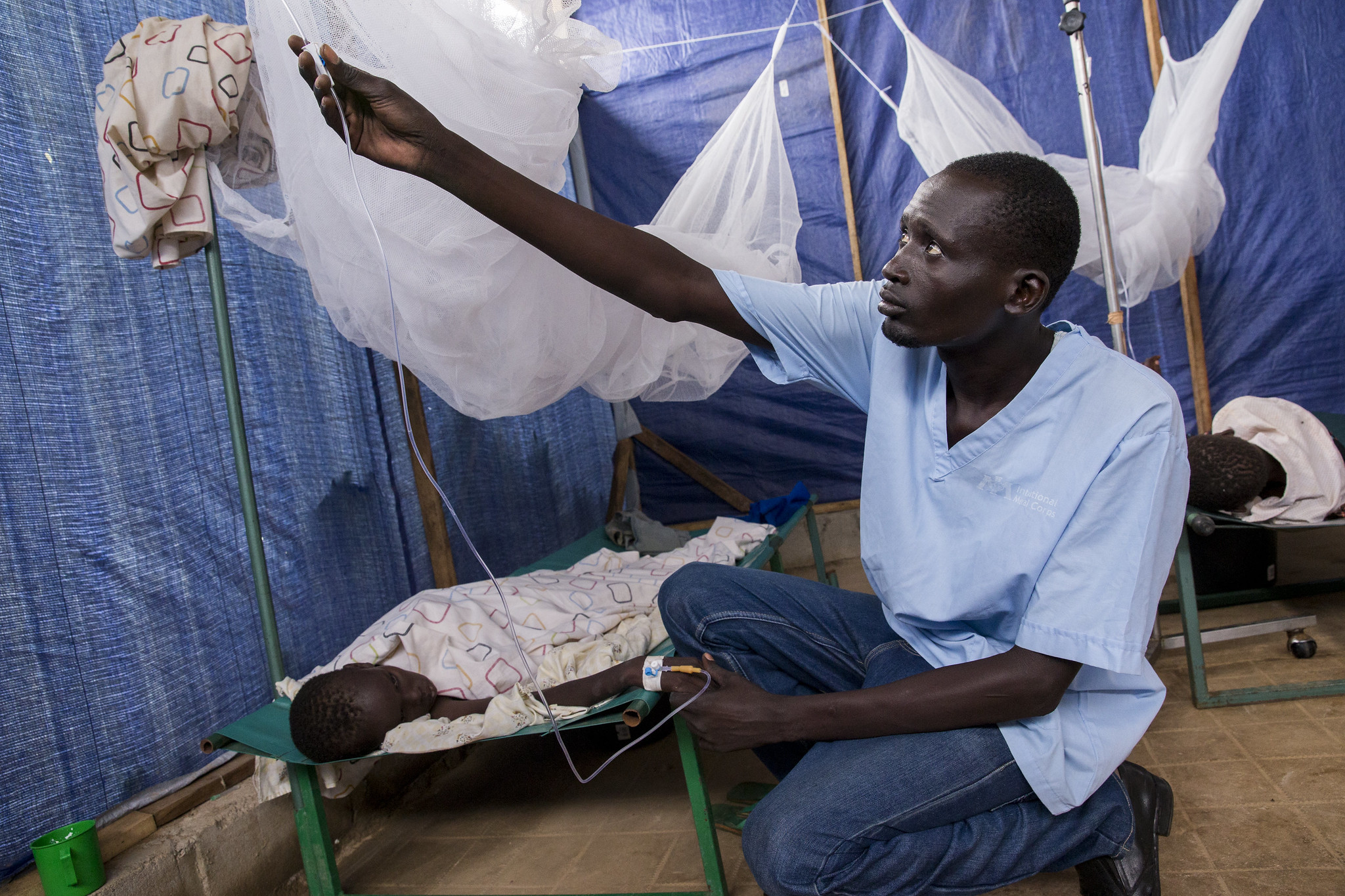The worsening armed conflict and withdrawal of international aid has culminated in the worst cholera outbreak Sudan has suffered in years. According to Doctors Without Borders (Medecins Sans Frontieres or MSF), there have been 99,700 suspected cases with more than 2,470 related deaths as of August 11 since the Ministry of Health declared the outbreak a year ago.
The situation is the worst in Darfur Region, where MSF treated over 2,300 patients and reported 40 deaths in the past week alone.
A Symptom of Humanitarian Disaster
Cholera is caused by a water-born bacteria that infects the intestines, causing vomiting and diarrhea so severe, it can dehydrate a person within hours, if left untreated. It spreads through contaminated food and water, and contact with fecal matter or vomit of an infected person.
MSF say that “Ultimately, no-one should die of cholera,” since it is treated simply by rehydrating with clean water or intravenous fluids. Inadequate access to clean water, waste collection, sanitation are all contributing to the illness, made worse by flooding, which carries contaminated water, and drought, decreasing the amount of clean water.
Crowded, dense living communities are especially vulnerable to the spread of cholera; of which there is currently plenty all over Sudan due to the destruction of most of its infrastructure and mass displacement of its population.
Across the Darfur region, droughts have forced people to forego essential hygiene, such as hand- and dishwashing. Tawila, in North Darfur is in an especially dire situation as it houses 380,000 people who fled fighting around El Fasher, according to the UN.
The Conflict Spreading
Sudan’s armed conflict began in 2023 and has evolved into one of the world’s worst humanitarian disasters. The Rapid Support Forces (RSF) continue to clash with the Sudanese Armed Forces (SAF) across the country but the city of El-Fasher became a focus in April 2024, when the RSF lay siege.
The city houses locals and several generations of displaced people who arrived here in the past 20 years, all of whom now starve as the RSF’s siege closed off all roads into the city. These people are now forced to eat animal fodder to survive. https://www.aljazeera.com/news/2025/8/6/why-are-people-in-sudans-el-fasher-starving
Such suffering drives people out from the region into the already overcrowded refugee camps. Over the past months over half a million have arrived in Taliwa alone. Sylvain Penicaud, MSF project coordinator told The Guardian that many families are forced to drink the dirty water in the camp due to the shortage.
“Just two weeks ago, a body was found in a well inside one of the camps. It was removed, but within two days, people were forced to drink from that same water again,” he said.
More than 1,500 cases were treated in Tawila alone in past months, with UNICEF reporting about 300 children among them. Across North Darfur, 640,000 children under the age of five are at risk.
Disease Across the Region
The issue is a major one across Africa: the Democratic Republic of the Congo (DRC) and Nigeria are hotspots from where heavy rains carry the bacteria and other germs to surrounding areas. Chad, Republic of Congo, Ghana, Côte d’Ivoire and Togo are also at risk of outbreaks.

“We are in a race against time, working hand in hand with the authorities to deliver essential healthcare, safe water and proper nutrition to children already at risk of deadly diseases and severe acute malnutrition,” said UNICEF regional director for West and Central Africa Gilles Fagninou.
Overall, the African continent accounts for around 60% of all reported cholera cases worldwide, with 93.5% of related deaths.
African leaders have nurtured a cross-border cooperation but without international aid and with the current conflicts, they face a difficult challenge, despite the easy treatment and prevention of cholera.
Tuna Turkmen, MSF’s head of mission in Sudan, said the situation was “beyond urgent” and “spreading well beyond displacement camps now, into multiple localities across Darfur states and beyond.”
“Survivors of war must not be left to die from a preventable disease,” she added.

